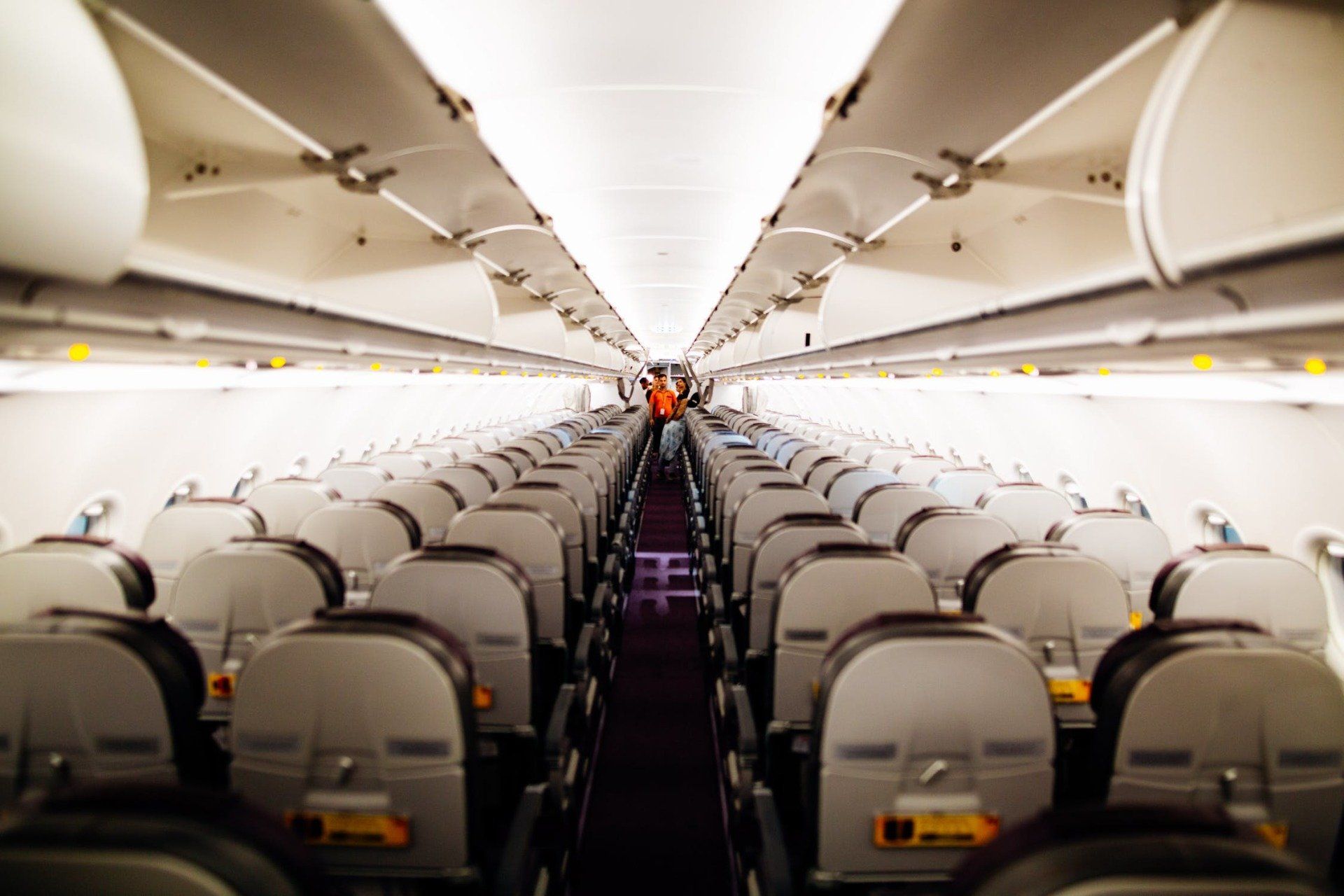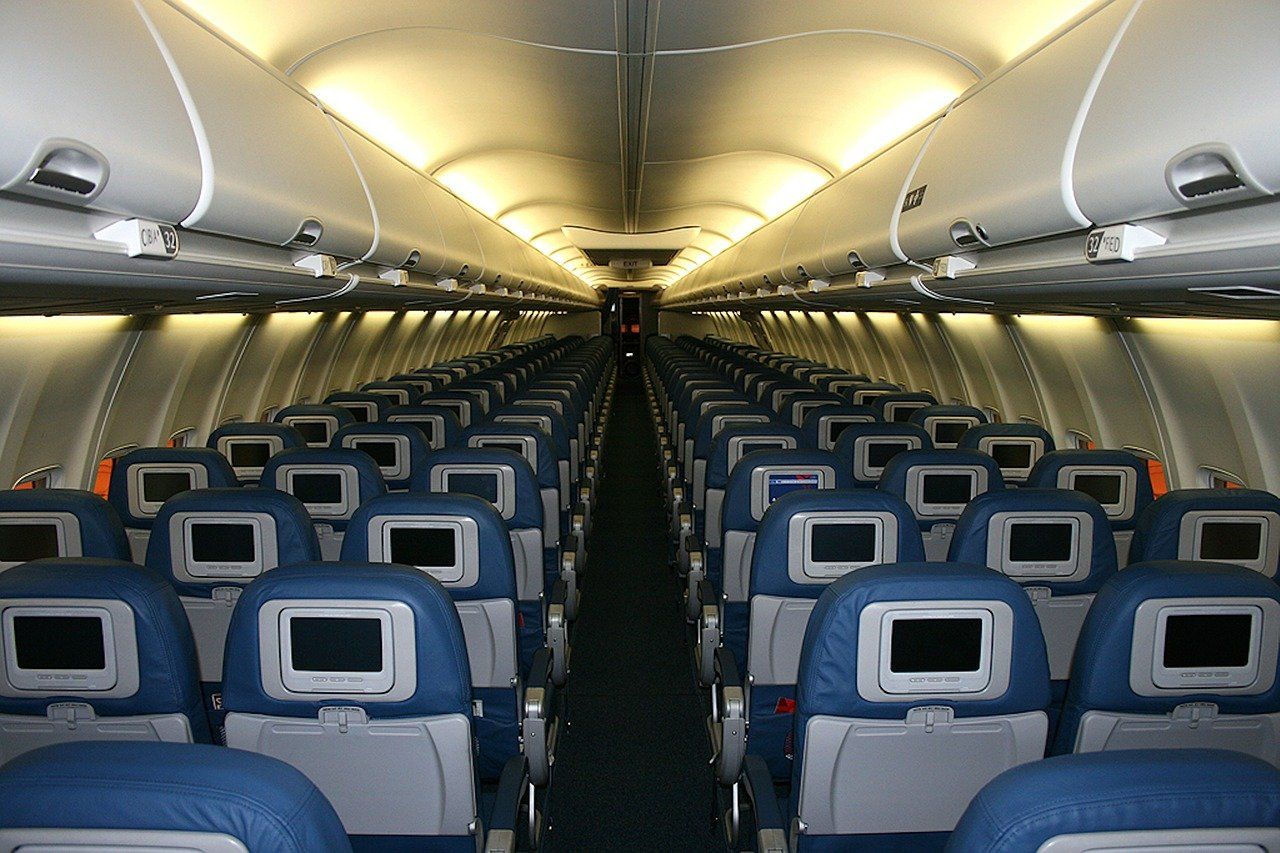How to Keep Common Travel Ailments from Ruining Your Trip
- By Jessica Elmore
- •
- 14 Nov, 2018
- •
Being sick on vacation is the worst. Being sick right after you come back is almost as bad. Unfortunately, you are often more likely to get sick while away from home. At elm Planning, we are constantly on the road and it’s important we dodge any illnesses as often as possible. Here are a few common travel ailments, and how to avoid them:
- The “Mexican two-step.” Travelers’ diarrhea is the most common travel ailment, and is almost always caused by contaminated food or water. Be wary of street food. Avoid pre-cut fruit or salad. Check before traveling whether tap water is safe to drink in your destination. If it is not, then drink only bottled or treated water and ask for your beverages without ice. Avoid raw meat, shellfish, and raw milk. It is more common when traveling because you are being exposed to bacteria (usually E. coli) your system is unfamiliar with. In Russia, it can be caused by Cryptosporidium or Giardia lamblia, which are parasites. Stomach ailments can also be caused by eating unfamiliar food, especially highly spicy food, or by overindulging in food in general.
- DVT, otherwise known as “economy-class syndrome.” Deep vein thrombosis is caused by sitting too long in one position, with eight hours being the danger zone. If you are taking a flight of more than eight hours or a flight of more than four hours if you are at high risk, wear anti-embolism socks and stand up frequently. Risk factors include having had DVT in the past, having a close family member that has had DVT, being over forty, being overweight and being pregnant or having recently given birth. Your doctor may also advise of specific risk factors.
- Norovirus. Norovirus is notoriously associated with cruise ships, but can also show up in hotels, on airplanes (rare, but it happens), and any place where space and food is being shared by large numbers of people. It is also somewhat endemic in the United Kingdom (people who live there have resistance to the common strain, but visitors are less lucky). Practicing basic hygiene such as washing hands frequently is the best way to avoid getting sick.
- Colds and flu. It’s fairly common to get a respiratory infection after flying. You are also more likely to catch a cold in a strange part of the world, where the present strains of rhinovirus are different. One other vulnerable group is convention or conference attendees. “Con crud” is caused by the combination of staying up late to network and being exposed to people from different parts of the world. For anyone who travels, taking an immune booster is a good idea. If going to a conference or on a cruise, make sure you get sufficient sleep and hydrate properly to help keep your immune system active.
- Exotic diseases. If traveling to tropical areas, especially during the summer, talk to your doctor about any vaccinations you might need, such as for yellow fever. Use DEET-based insect repellent on any exposed skin (to protect from mosquitoes) and also on your hat, shoulders, and cuffs (to fend off ticks).
Traveling does not have to make you sick – if you take simple precautions then you have a good chance of staying, and coming home, healthy.

During the pandemic, thousands of pilots were offered early retirement packages in order to cut labor bills due to the lack of travel demand. Now that travel for pleasure and business is rebounding from the pandemic, approximately 14,000 flights in the US were recently cancelled or delayed due to the lack of pilots, carriers, and other staff.










